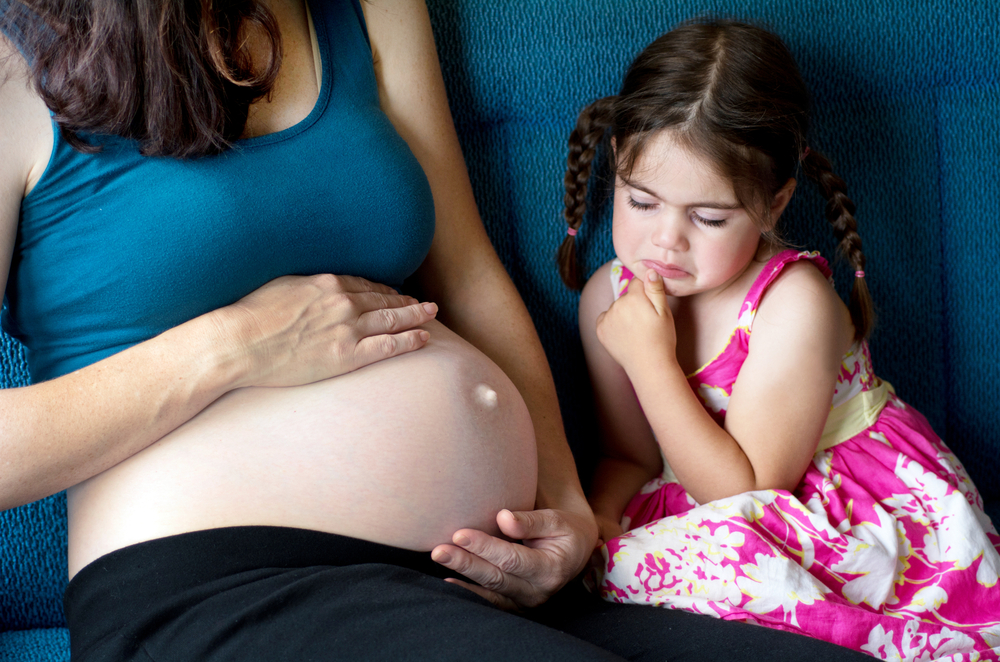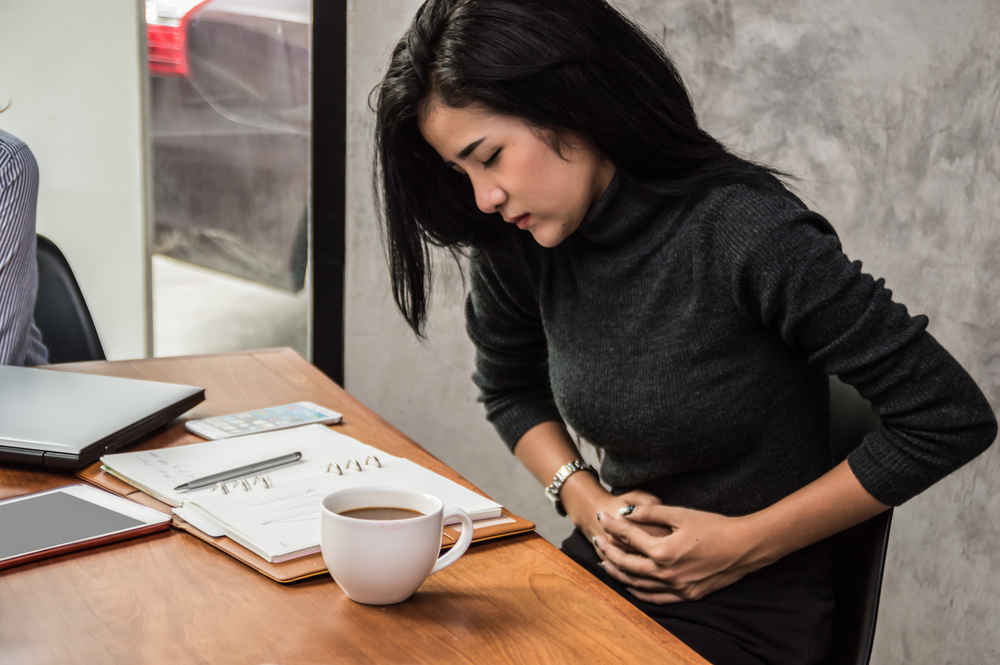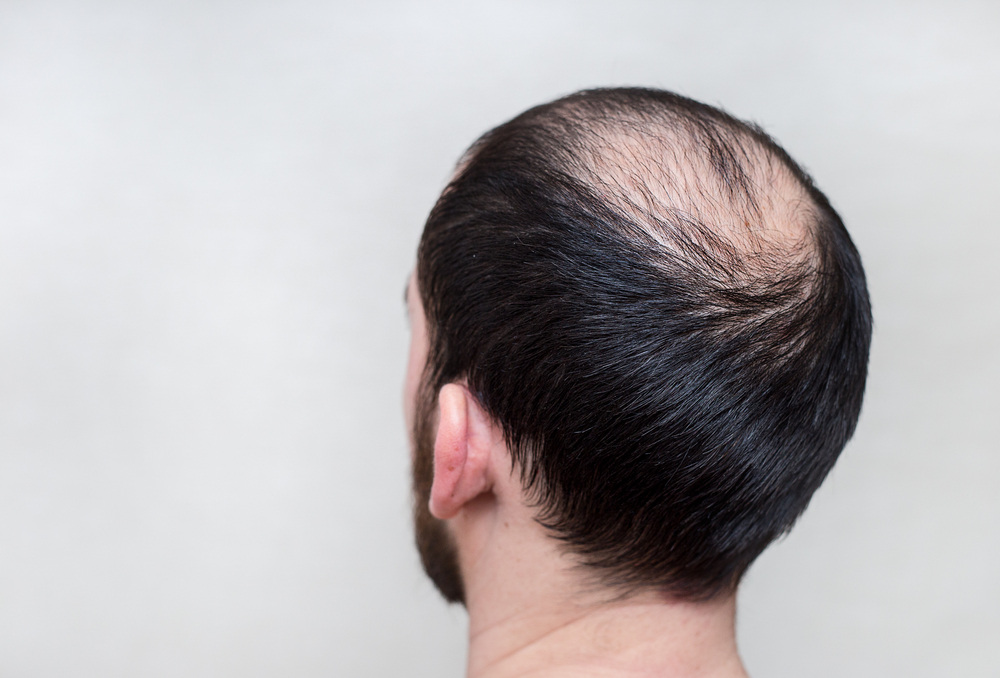Contents:
- Medical Video: Managing Food Allergies
- Should I ban allergens from being served at home?
- Factors to consider
- Tips to keep your home safe
Medical Video: Managing Food Allergies
One of the easier places to manage food allergies is at home. Here, you are in control: you decide when and how different foods are introduced. Use these tips to help your home become a "safe space", a place where you and your family can relax, knowing that you have minimized the possibility of ingesting dangerous allergens.
Should I ban allergens from being served at home?
Some families decide to allow food allergens in their homes, but take precautions to look after family members who have food allergies. But you can also apply total prevention.
To decide which approach is best for you, it's important to look at your family's needs and lifestyle. Ask yourself the following questions that can help you decide:
- WhatIs there any experience so far about allergic reactions at home?
- If the food allergens are reallybannedfrom home, will it make it difficult for other family members?
- How many children at home, and how old are they?
- How will our decisions affect the quality of life in the home as a whole?
- If we decide not to provide food allergens at home at all, how do we teach children who have food allergies to monitor allergies outside the home?
Factors to consider
As you answer these questions, here are some factors to consider:
- Some allergens are easier to prevent than others. For example, making your home free from peanut food is not difficult for other family members. On the other hand, milk, eggs, or wheat may be difficult to remove completely. You can take strong precautions that create a safe environment, even if you leave these foods in your home.
- Living around food allergens can help children and individuals with food allergies cope as they grow and start spending more time away from home. Learning how to avoid allergens at home, as well as how to handle their reactions, can calm fears and provide the abilities needed to stay safe, no matter where they are.
- Seeing the family environment is very important. Do you usually sit together to eat at the appointed time? Or, does everyone come and go, using the kitchen and dining room irregularly? If your situation is more like the last, it might be more difficult to avoid foods that cause allergies.
- How old is your child who has food allergies? Age and level of maturity can play a role in children's readiness to protect themselves safely.
Tips to keep your home safe
Here are some tips to help keep your home allergic free:
- All family members have to wash their hands before and after meals to avoid moving allergens.
- Clean the table after preparing food and after eating. To effectively remove food protein from the surface, wash the surface with soap and water.
- Make clean food preparations to avoid allergic contact. Tables, cutting boards, knives, spoons, measuring cups, bowls, and other food preparation equipment between food must be really clean. Have a separate set of equipment for safe and unsafe food handling. Some families use separate plates (usually designated by different colors).
- Separate safe and unsafe foods on special shelves and refrigerators, keep all food in a closed container.
- Label both foods that can cause allergies or those that are safe.
- Beware of air allergens when cooking; keep a distance from the cooking area and allow air to clean for 30 minutes before entering the room.
- For children, a fixed seating arrangement at the desk can help. This will prevent children from exchanging food.












